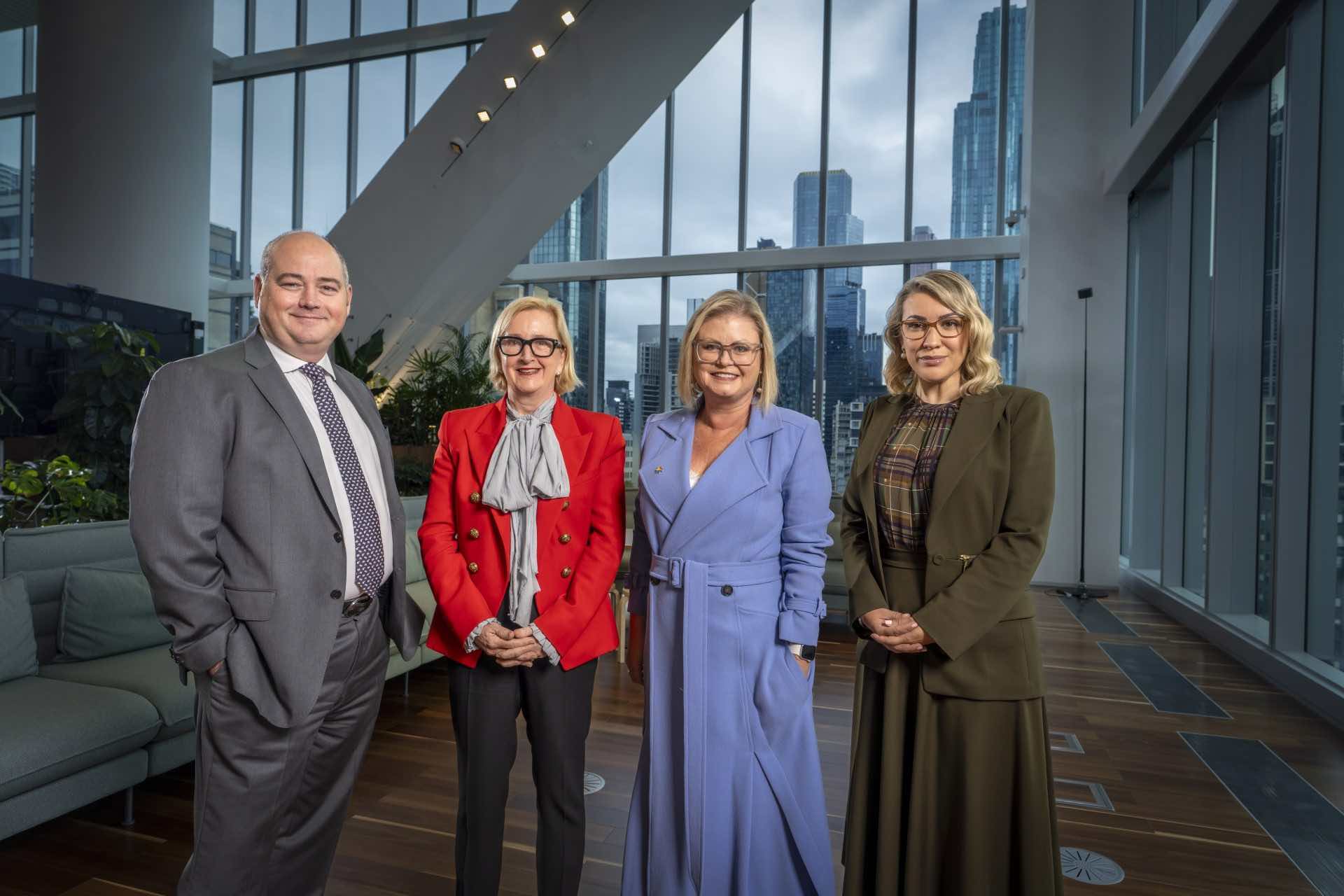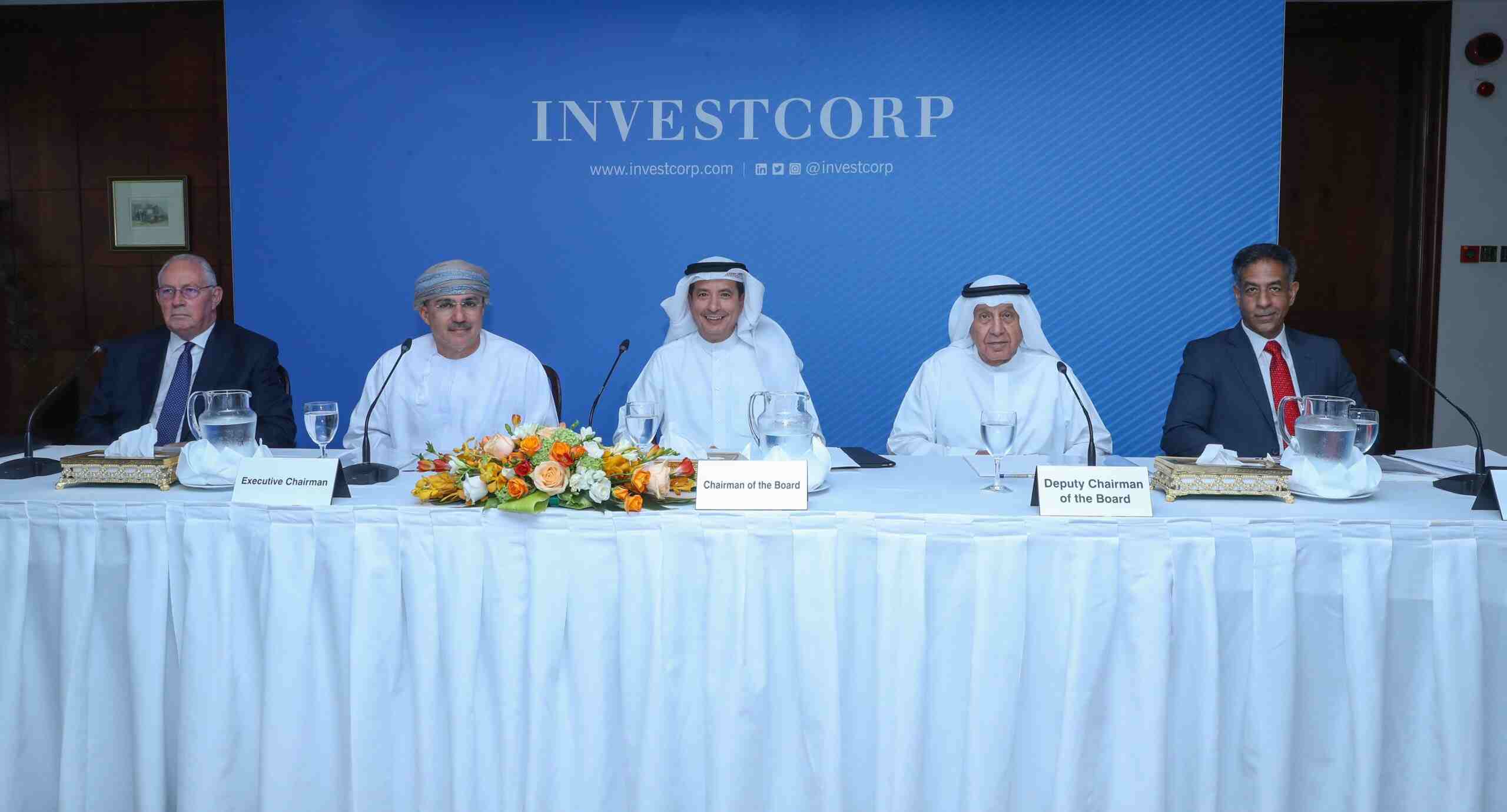Main Menu
- Top News
-
Uber’s Surprise Loss Triggers 9% Drop in Share Price
May 9, 2024 -
Morgan Stanley Warns Chinese Stock Rally May Lose Steam
May 9, 2024 -
Poland’s Central Bank Holds Rates Steady
May 9, 2024 -
Nubank Surpasses 100 Million Customers
May 9, 2024 -
NAB taps Banked to Expand Account-to-Account Payments
May 9, 2024
- Regions
- Banking
-
Poland’s Central Bank Holds Rates Steady
May 9, 2024 -
NAB taps Banked to Expand Account-to-Account Payments
May 9, 2024 -
CIBC Mellon Partners with Duco for AI-Powered Data Automation
May 9, 2024 -
Major Banks Increase AI Hiring Despite Industry-Wide Layoffs
May 9, 2024 -
BoE to Hold Interest Rates as Disinflationary Pressures Mount
May 9, 2024
- Investment
-
Uber’s Surprise Loss Triggers 9% Drop in Share Price
May 9, 2024 -
Morgan Stanley Warns Chinese Stock Rally May Lose Steam
May 9, 2024 -
Investcorp Closes Technology Fund at $570 Million
May 9, 2024 -
Saudi Delegation Spurs Record High for Pakistan’s KSE-100 Index
May 9, 2024 -
HKMA Introduces Hong Kong Taxonomy for Sustainable Finance
May 8, 2024
- Infrastructure
-
Amazon to Invest $9bn in Singapore to Expand Cloud Infrastructure
May 8, 2024 -
Amazon Web Services to Invest $11 Billion in Indiana
April 26, 2024 -
Fuel Infrastructure Investment Crucial for Africa’s Energy Security
April 23, 2024 -
EU Agency Calls for Proposals for Key Energy Projects
April 18, 2024 -
Apple Set to Go Cleaner With Ambitious 2030 Goals
April 18, 2024
- Tech
-
Uber’s Surprise Loss Triggers 9% Drop in Share Price
May 9, 2024 -
Nubank Surpasses 100 Million Customers
May 9, 2024 -
CIBC Mellon Partners with Duco for AI-Powered Data Automation
May 9, 2024 -
Chipper Cash Resumes U.S. Operations
May 8, 2024 -
Brunswick Credit Union Transitions to Mambu’s Platform
May 8, 2024
- Featured
-
Telepin: Empowering the Unbanked Through Innovation
March 29, 2024 -
Libertex: Once a Leader, Always a Leader
March 28, 2024 -
MaxFinance: Credit Intermediation Specialists
March 28, 2024 -
Pioneering sustainable horizons: Atlas Renewable Energy’s journey
March 28, 2024 -
Banco Promerica: delivering an outstanding customer experience
March 28, 2024
- Videos
- Subscribe
- Magazine
- Awards
-























